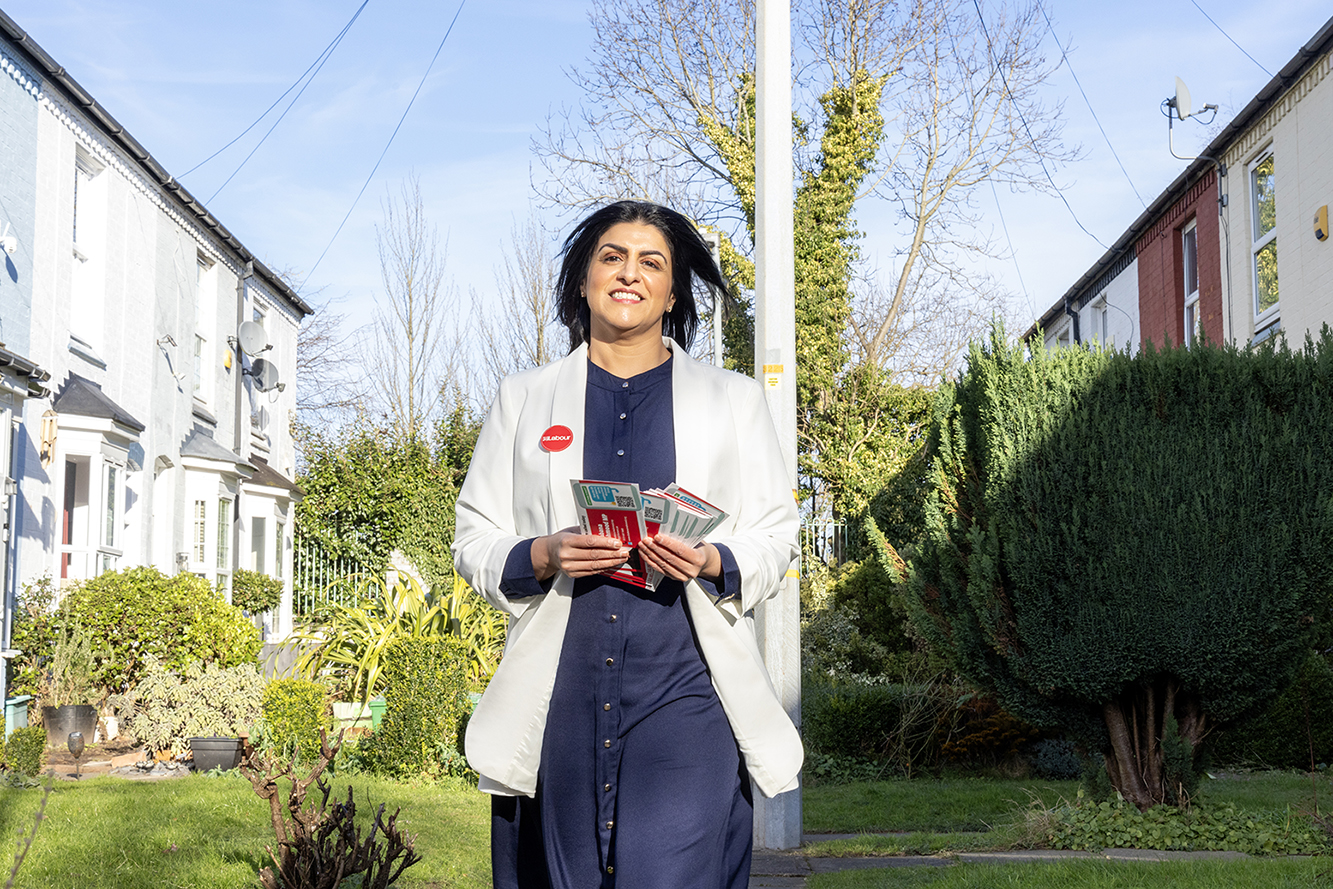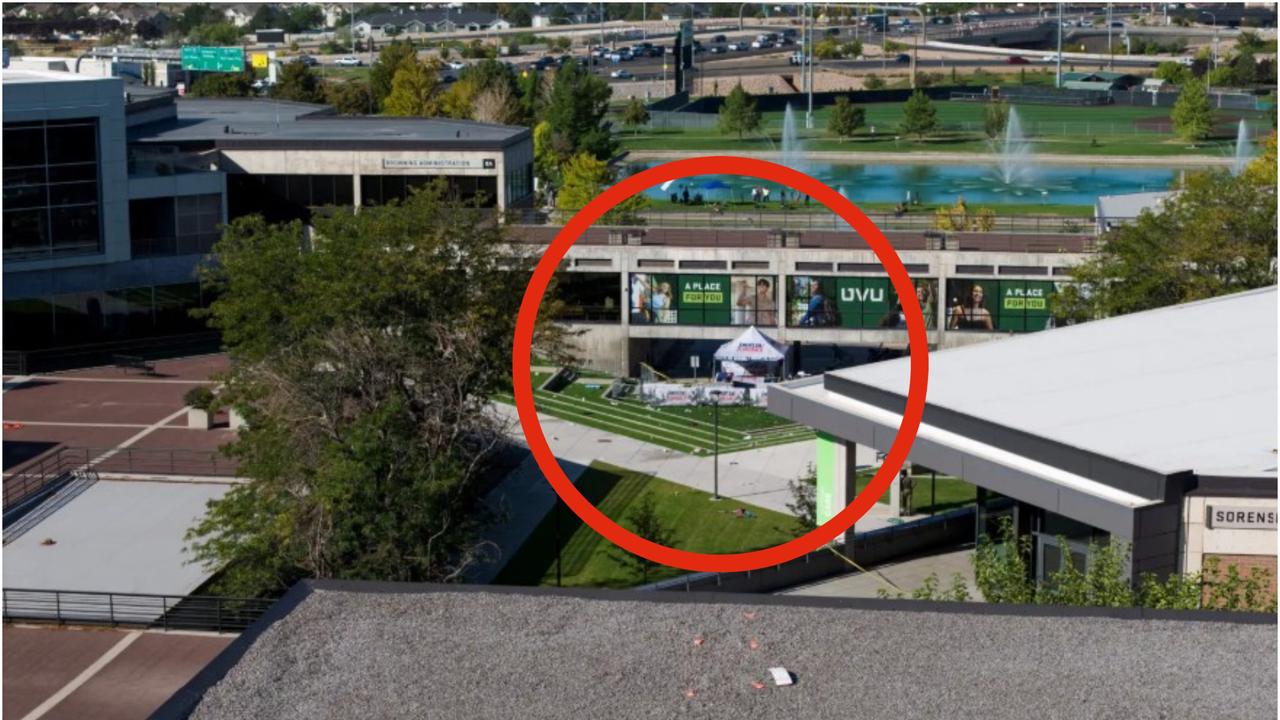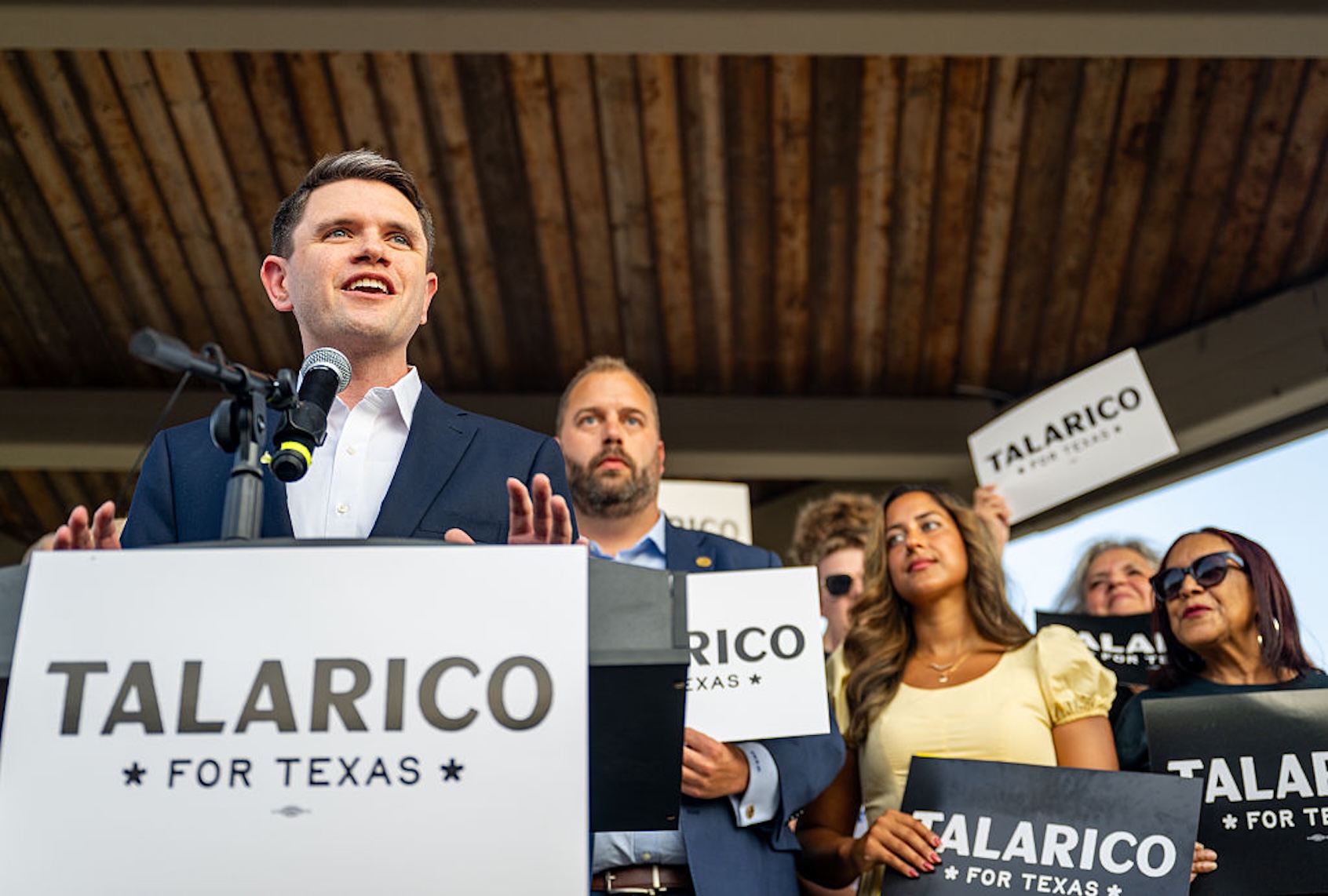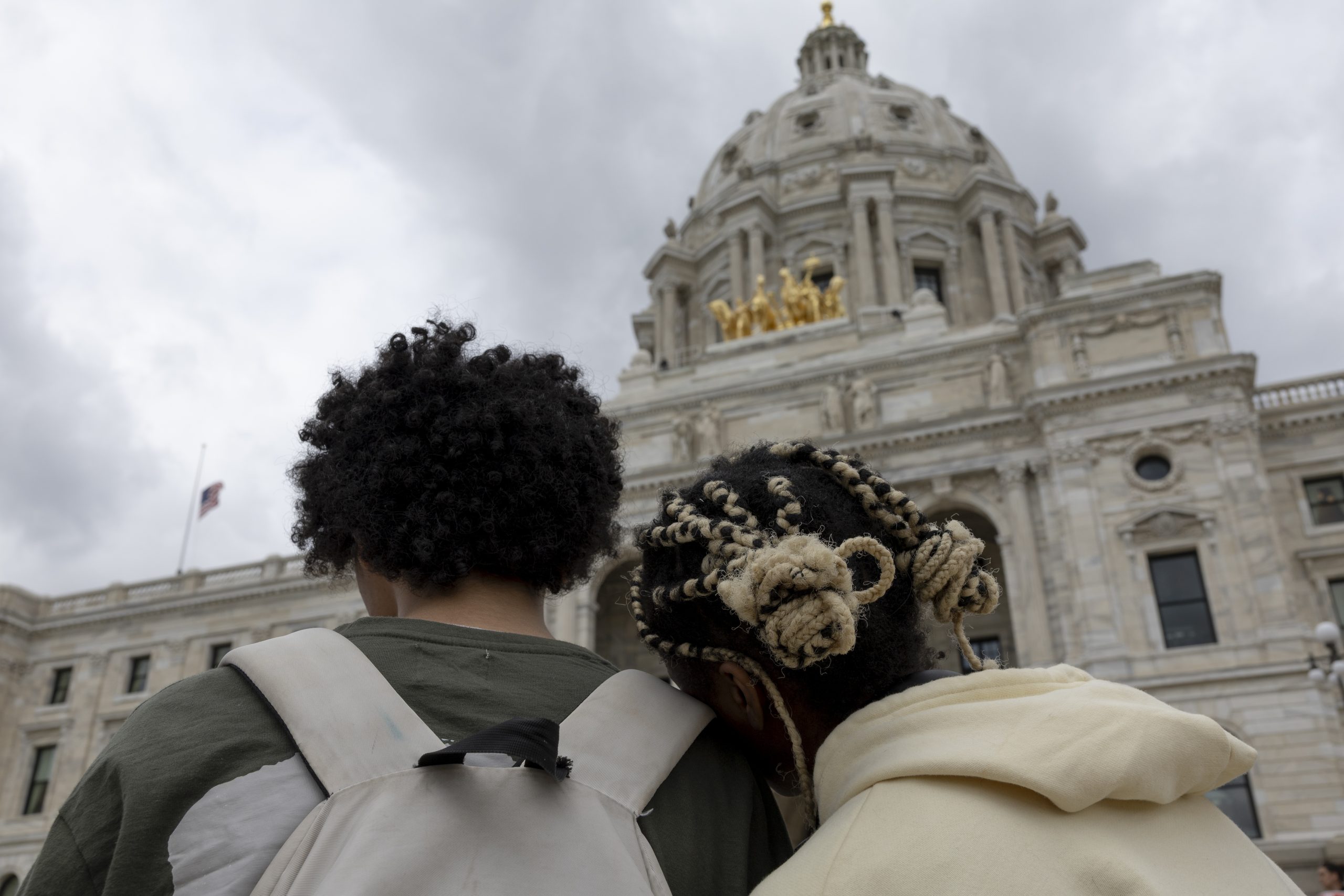By Jonathan Rutherford
Copyright newstatesman

Some years ago I was talking with Shabana Mahmood, who was recently promoted to Home Secretary. I told her that I was reading John Milton’s Paradise Lost. I wanted to put right deficiencies in my education and to understand the English history and culture that had made me.
This led Mahmood to tell me about her love of qawwali, a form of Islamic devotional music, and the Pakistani musician Nusrat Fateh Ali Khan. At school, she and her friends had been fascinated by the American singer-songwriter Jeff Buckley who had sung qawwali and met Khan.
I went away and listened to Khan. Both deeply spiritual and part of a popular culture, his music was nothing like the devotional styles of Western Christianity. I appreciated its intense passion and spirituality, but I did not understand it.
Mahmood is English. We share membership of the same nation, but her sources of a meaningful life are not the same as mine; our skin colours and backgrounds position us in radically different ways. My English identity led me to support Brexit. For Mahmood, and British Muslims more generally, the Brexit vote had been a fearful moment. “Will they chuck us out? Where will we go?” her Muslim constituents had asked her.
This question of difference was one of a number of conversations on race and identity that we had while working on “Labour’s Covenant” (published in 2022). I am reminded of it at this difficult moment for Labour, as it holds its annual conference in a state of high anxiety and low morale. Its loveless victory in 2024 did not win it popular consent to govern and now, a year on, a combination of the government’s incoherence and a gathering English populist revolt threatens to be its nemesis.
The local protests against the state’s failure to stop the small boats and the presence of large numbers of undocumented migrant men in communities are symptoms of a popular discontent that has been decades in the making. Stirred by the post-industrial destruction of the working class, unprecedented levels of immigration and the liberal bourgeois’ assault on tradition and social norms, people are reacting against the ending of generational ways of life that were built around a shared idea of national identity, stable communities and regularised work.
The political realignment over Brexit has turned British politics into a centrifuge, flinging energy and action outward to the unruly, anti-social extremes of left and right, leaving the political centre lifeless. The “Unite the Kingdom” rally in London on 13 September is a harbinger of the class, cultural and ethnic conflicts to come. Labour has not begun a process of political renewal to meet the new challenges. Instead it has sunk into torpor and disorientation.
In her new role Mahmood has been placed in the centre of the storm. Her task is to stop the boats, restore trust in policing and reduce levels of immigration. If she can achieve this, Labour has a fighting chance to win the next election.
For this she has been labelled “right wing”. But the description is meaningless and tells us nothing about her political significance in these times.
Mahmood is perhaps the most astute and able politician of her generation. She understands this new era of class realignment and civilisational disruption in which culture and identity are as much sources of intense emotional and political conflict as the failing economy. She has spent the last decade learning the craft of politics and developing an analysis of this new era of conflict and hard choices.
Her politics, influenced by her faith, are small-c conservative and economically radical. This is the political common ground in the country around which Labour must build a national coalition that spans generations, geographies and outlooks.
This means engaging with the cultural and ethnic conflicts between these groups, not avoiding them. Mahmood has likened building political coalitions to the way the arrangement of tables in a room tends to organise groups. Tables join people together but they also allow them to be separate. The table creates relationships in which we have our own identities but share a common bond. Such a practice requires reciprocity.
The common bond that runs through these groups is the desire for economic change. Mahmood’s politics puts the labour interest at the heart of a Labour political economy. She has spoken of an “economy with borders” that restores the idea of a national economy with a national culture. An insecure, fragmented economy will produce an insecure and fragmented people. For her, the task of a Labour government is to reconstruct a national economy that can tell a compelling story of the country, its people and its future. This will give Labour the chance of making millions of people who otherwise live quite different lives feel they share a common purpose.
Growing up, Mahmood was a fan of Marvel comics and the origin stories of the superheroes. Now the origin story is a strong political reference point. People are different and yet in many ways the same. Politics is about creating a better understanding of who we are in this changing country, working out what we want our culture to be and bringing those with differences together by finding a common good. Mahmood’s origin story holds the key to Labour’s future success.



